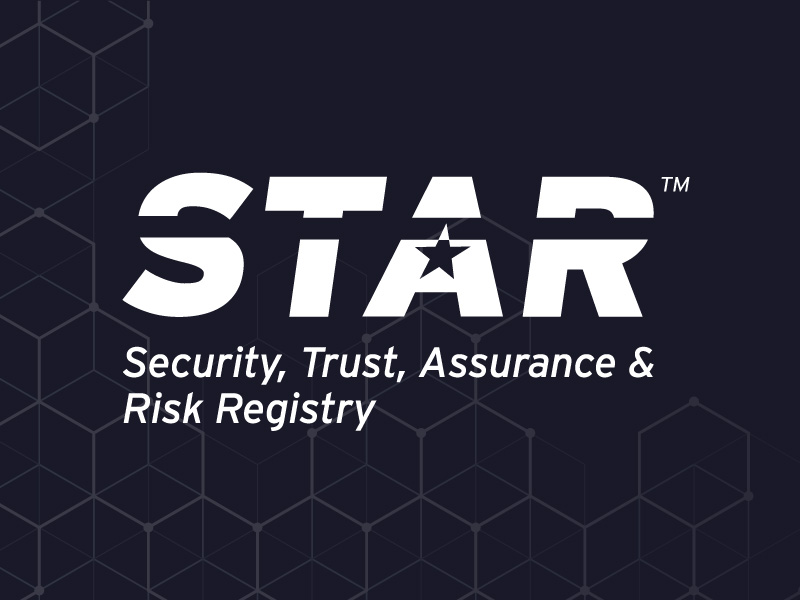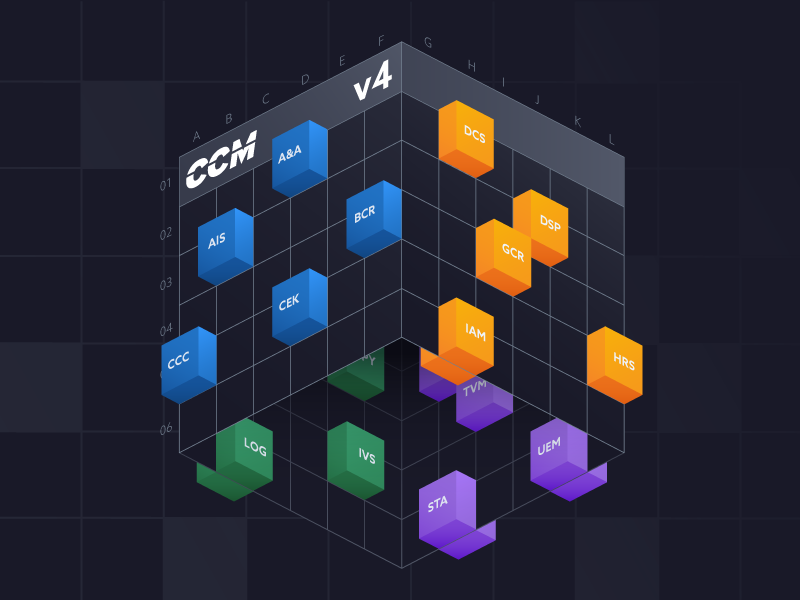The Evolving Role of GDPR Auditors
Published 04/29/2025
Originally published by Scrut Automation.
Written by Nicholas Muy.
The evolving role of GDPR Auditors
As businesses continue to rely more on data, the need for strong privacy and compliance measures has never been greater.
The General Data Protection Regulation (GDPR) safeguards personal data, but staying compliant is an ongoing challenge amid evolving regulations and technology.
Non-compliance risks hefty fines (like LinkedIn's €310 million fine in 2024), but beyond financial risk, it can erode trust and weaken resilience.
Ensuring compliance isn’t just about avoiding penalties; it’s about building a foundation for long-term success. This is where a GDPR auditor can help—offering expert guidance to strengthen data protection, manage risks, and align compliance with business goals.
Let’s explore how GDPR auditors have evolved into key partners in driving compliance as a strategic advantage.

The growing complexity of GDPR compliance
GDPR compliance isn’t a one-time checklist—it’s a dynamic, evolving challenge. The technologies that companies rely on to process and store data continue to evolve at a rapid pace, which creates significant compliance challenges.
1. Managing cross-border data transfers
Ensuring compliance with GDPR while transferring data between countries is complex, particularly when navigating differences in local regulations or using third-party data processors outside the EU.
2. Maintaining data transparency and accountability
GDPR requires organizations to document and demonstrate comprehensive records of compliance, which can be challenging with complex data inventories. Additionally, managing consent and providing clear information to data subjects has to be an ongoing process instead of a one-off activity.
3. Keeping up with the evolving landscape
Technologies like AI, IoT, and cloud computing evolve rapidly, often introducing new risks for data privacy. This spurs changes in the regulatory landscape as well. Organizations must stay ahead of these developments to ensure their practices remain compliant and sufficiently secure.
The EU AI Act’s upcoming phase one will soon require organizations to consider how AI-driven data processing intersects with GDPR requirements, particularly around data privacy, transparency, and fairness in automated decisions.
Evolution of the GDPR auditor
Historically, the role of a GDPR auditor has been largely reactive: an expert who reviews data handling practices and checks for compliance failures.
However, in today’s rapidly evolving landscape, auditors need to adopt a more proactive, strategic role. The best auditors don’t just identify compliance gaps—they offer actionable insights on how organizations can strengthen their entire data governance framework to create a more resilient business.

The new auditor’s mindset: A business transformation partner
A GDPR audit should no longer be seen as a “necessary evil” to avoid fines; it should be positioned as a partnership that can help organizations future-proof their data management strategies. In this new era, auditors must provide forward-thinking recommendations that align with an organization’s long-term business objectives and not just evaluate existing practices.
Key tasks for modern GDPR auditors include:
- Make risk clear for business leaders: Compliance isn’t just about rules—it’s about impact. Auditors must translate risks into financial, reputational, and operational stakes. Leaders act when they see how non-compliance affects revenue and trust.
- Assign ownership in decentralized teams: Compliance fails when no one owns it. Auditors must define clear roles across security, IT, and engineering. Without accountability, compliance remains a side task rather than a priority.
- Adapt GDPR for AI systems: AI creates new privacy risks. Auditors must ensure transparency, fairness, and legal compliance in automated decisions. They should direct organizations to have controls that ensure AI models respect user rights and avoid bias.
In short, auditors should help businesses navigate the regulatory maze while positioning them for success in a data-driven economy.
Signs your organization needs an expert GDPR auditor
Despite best efforts, many organizations still face compliance challenges that can only be addressed through the expertise of an external auditor. But rather than waiting for a regulatory investigation or a major data breach like AT&T, the most forward-thinking companies recognize that these audits are integral to building a resilient data governance strategy.
Here are some signs that an organization should consider engaging an auditor:
- Expanding into new markets: Entering GDPR-regulated regions calls for a thorough compliance audit to ensure adherence to data protection laws.
- Adopting new technologies: The complexity of data processing when using AI or analytics tools makes an audit essential to ensure data protection principles are followed.
- Data breaches or customer complaints: While a reactive step, audits after a breach help address gaps and rebuild customer trust.
- Increasing data activities: As operations grow, new data flows, storage needs, and processing activities introduce compliance risks that need to be managed proactively
Choosing the right GDPR auditor: A critical decision
Selecting the right GDPR auditor is no small decision. Organizations should look for auditors who are not just experts in GDPR compliance but also possess the ability to think critically about how data protection impacts business strategy.
- Strategic expertise: Look for auditors who can advise on long-term data governance strategies, not just short-term compliance fixes.
- Sector-specific knowledge: GDPR compliance isn’t one-size-fits-all; auditors should understand the nuances of your industry and its regulatory environment.
- Structured methodology: A comprehensive, forward-thinking approach that incorporates data mapping, evidence collection, and rigorous control testing is essential.
Conclusion
Consulting a GDPR auditor is a proactive approach to data protection. Organizations that view audits as strategic tools rather than reactive obligations can mitigate risks, strengthen governance, and build long-term trust with customers.
A skilled auditor helps businesses navigate regulatory complexities, identify potential blind spots, and align data protection with overall business objectives. Whether facing a major operational shift, scaling data practices, or dealing with regulatory uncertainty, engaging an expert can be the key to turning GDPR compliance into a competitive advantage.
Unlock Cloud Security Insights
Subscribe to our newsletter for the latest expert trends and updates
Related Articles:
Zero Trust for Agentic Pipelines That Touch Cloud Production
Published: 02/27/2026
Agentic AI and the New Reality of Financial Security
Published: 02/26/2026
AI Security: When Authorization Outlives Intent
Published: 02/25/2026





.png)
.jpeg)


